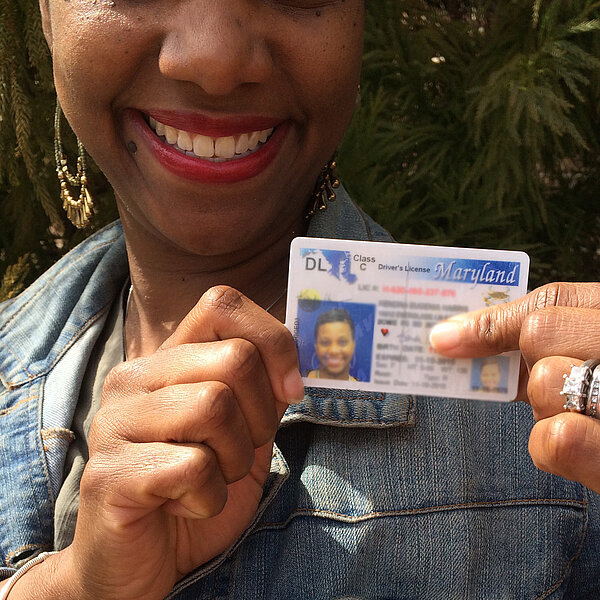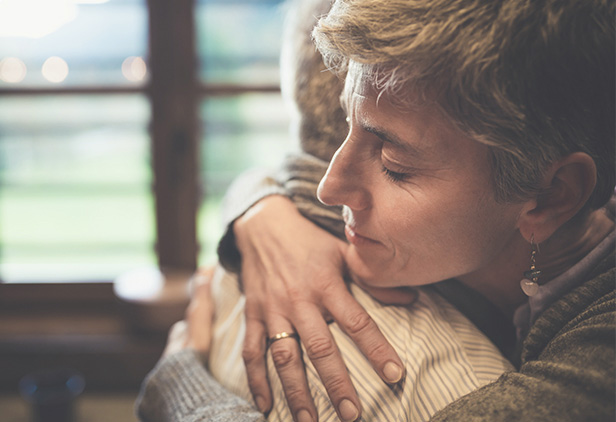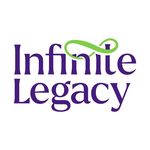Frequently Asked Questions About Donation
When you are admitted to the hospital, your health is the top priority of healthcare teams. Donation is never about trading one life to save another. Medical professionals will do everything they can to save your life and only if and when all lifesaving attempts have been exhausted will donation be discussed. Furthermore, the team of healthcare professionals who facilitates donation is separate from the team who are working to save your life, so your care is never compromised.
Whether you document your decision to donate at the MVA or DMV, in an online registry or in a will, it is still strongly recommended that you inform your family of your decision to be a donor so there are no surprises at the time of your death. A will is accessed by the family well after death has occurred and is not used for verifying donation wishes.
There is no cost to the donor’s family for organ or tissue donation. Hospital expenses incurred prior to brain death declaration and funeral expenses after the donation are the responsibility of the donor’s family. All costs related to the donation process are paid for by the organ procurement organization (OPO). In fact, many OPOs, including Infinite Legacy, have dedicated staff to review hospital bills to ensure that donor families are never charged for donation-related expenses.
The donor’s body is always treated with respect and dignity. The recovery of organs and tissues is conducted under standard, sterile conditions in an operating room by qualified surgeons or qualified recovery personnel. It is extremely unlikely that the process will disfigure the body or change the way it might appear in a casket.
At the time of death, the appropriate medical professionals will review your medical and social history to determine if you are a candidate for donation. Anyone, regardless of age or medical history, can be considered for organ, eye and tissue donation. With recent advances in transplantation, more people than ever before can donate. Don’t rule yourself out! You could save lives.
Organ donation only occurs after death has been determined by a doctor (in some states, two doctors) not involved in transplant. To donate organs, a patient must be brain dead or meet the criteria for Donation after Circulatory Death (DCD).
In most cases, race and gender are not factors. However, organ size is critical to match a donor heart, lung or liver with a recipient. Additionally, people of similar ethnic backgrounds are more likely to match each other than those of different racial heritage. Cross-racial donations can, and do, happen with great success when matches are available.
The identity of all parties is kept confidential. The donor family and the transplant recipient may receive information such as age, sex and general location. Individually, the recipient may be told the circumstances of death and the donor’s family may be informed of the transplants that were performed and receive information about the health status of the recipients. Donor families and recipients are encouraged to communicate with each other through the organ procurement organization (OPO). While the initial contact is anonymous, families and recipients may decide to communicate openly after a period of time and if both parties are interested, they may meet.
Infinite Legacy is responsible for and committed to ensuring individuals who have designated their intent to be a donor have their wishes honored, and that all families are provided the opportunity to consider donation on behalf of their loved ones.
Infinite Legacy is federally mandated to evaluate the potential medical suitability of organ, eye and tissue donors and to contact family members to discuss donation. We perform these responsibilities in collaboration with our 68 hospitals partners following federal and state laws.
Tissue recovery must begin within 24 hours after death declaration. Therefore, our family service coordinators will reach out to the family as soon as possible to ensure they are speaking to the family about the opportunity for donation and allow time for the family to complete the necessary forms to ensure a seamless donation process.
We work closely with our hospital partners and other agencies to ensure all families of medically suitable donors are offered the opportunity to help others through the gift of donation.
All major religions in the U.S. support donation as a final act of compassion and generosity.




